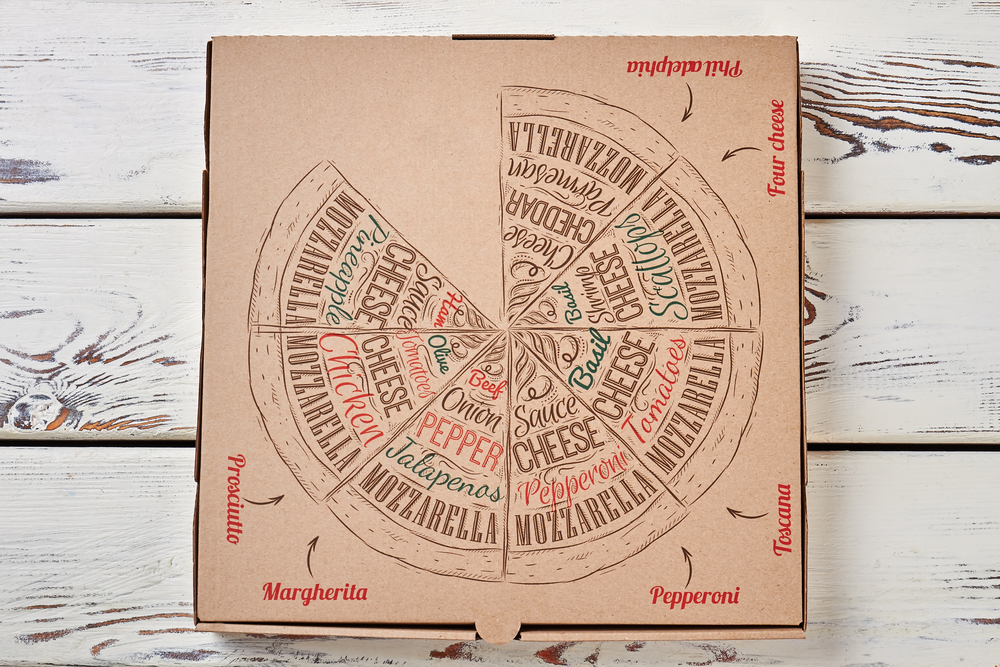Can you cut 1 Tonne of carbon pollution out of your life?
Take the challengeWe all know that landfill is an ever increasing issue with our disposable waste however, the way we use and dispose of our rubbish can make a big difference. In 2016 Planet Ark identified that the largest problem with recycling was contamination. Contamination in recycling bins can be the difference between many items either being used. These contaminants include things such as food, broken glass found, plastic bags and non- recyclable items. This can mean a large portion of your recyclable items may not be able to be processed, ending up in landfill and in a lot of cases heading straight for our waterways. Here are a few facts and simple tips to ensure that we all get the most out of our kerbside recycling bins.
Plastic bags:
It has been found that 8 out of 10 councils reported plastic bags and soft plastics as a large issue in residential recycling bins. Recyclable items that are placed in plastic bags and then in your recycling bin pose a safety concern to staff at recycling centres. This means that items in plastic bags do not get sorted but end up in landfill. Likewise, plastic bags cannot be recycled in regular council recycle bins, but can be returned to major supermarkets to be recycled.
Ditch the plastic bags altogether by up-cycling an old T-shirt into a shopping bag (no sewing required!).
Soft plastics:
Soft plastics are found in most packaging and include things such as rice and pasta bags, frozen food bags, bubble wrap and any other plastic that can be crumpled. These items can be recycled at most supermarkets through a program called RedCycle. RedCycle use this plastic to make into furniture for primary schools and pre-schools. Some councils may accept soft plastics, but check with your local council to find out.
Food contamination:
Scrapping out food containers before putting them in your recycling bin will ensure that more of your recyclable items are getting processed. Pizza boxes that don't have any food in them will be able to be recycled, so scrapping off chunks of cheese and crust, rinsing cans and scraping food scraps out of plastic containers will mean the difference between those items being sent to landfill or being a useful high quality recyclable item.

What to do with polystyrene:
Expanded Polystyrene (ESP) aka Styrofoam is a light weight plastic that is favored in packaging for its shock resistance. If not correctly recycled ESP's will end up in landfill and our waterways. Once this ESP breaks down it resembles small cellular balls, these can be mistaken for food to many fish and birds which means it ends up in the food cycle. As a general rule (EPS) cannot be recycled in general council recycling systems. Most councils will have drop off points that can be found on most local council websites or by contacting your local council.
In the U.S. alone, the amount of polystyrene cups used each year would circle the Earth 426 times… that's almost 18 million miles of Styrofoam cups (and a great reason to switch to a reusable keep cup)
Recent findings have shown that re-use and recycling techniques have significantly reduced landfill (Ross et al 2003). However, there is definitely still more work to do and by taking these easy steps. Contacting your local council will enable you to get better information on recycling in your area so you can be certain you are getting the most out of your recycling habits. Although, sometimes we may need to take a few extra steps to recycle items that cannot be collected by our local council, this will all be worth it when you know you are playing such a vital part in keeping our planet happy and healthy.
Another option is stopping waste at its source by purchasing food items package free. Most food co-ops or bulk food stores have products available in loose form so that you can bring your own reusable jar or sack to store them, eliminating the need to recycle at all! Check out our five essentials for a zero-waste shopping kit and how to live package free if you don't have a bulk food store in your area.
Read this next: how to recycle things you didn't know you could recycle
Written by Jacinta Wehbe
Banner image: Shutterstock
We're in a climate emergency and it's going to take all of us to get out of it. That's why 1 Million Women is building a global community of women committed to fighting climate change with our daily actions. To join the (free) movement just click the button below!
